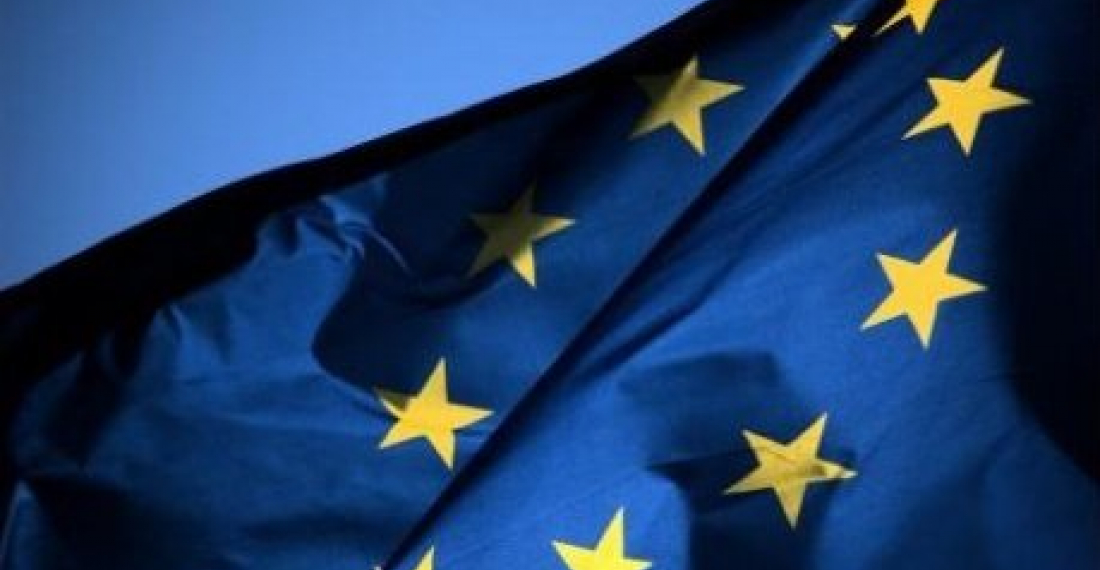The European Union has issued a statement commenting on Saturday's Parliamentary elections in Georgia. The statement was issued on Sunday by High Representative/Vice-President Federica Mogherini and Commissioner Johannes Hahn. It states:
Parliamentary elections took place in Georgia on 8 October. According to the preliminary conclusions of the OSCE/ODIHR Election Observation Mission, the elections were competitive, well-administered and fundamental freedoms were generally respected. The calm and open campaign atmosphere was, however, impacted by allegations of unlawful campaigning and some incidents of violence. Election Day generally proceeded in an orderly manner, but tensions increased during the day and several violent altercations took place near and in polling stations. However, voting was assessed positively in almost all polling stations. Any remaining shortcomings should be addressed based on OSCE/ODIHR recommendations.
The EU has been closely following the process, including the results of the preliminary official vote count. For the second round of the elections and in the period before this, all parties and candidates should refrain from confrontation and violence and respect democratic principles and the will of the Georgian people.
The European Union is committed to a stable, democratic and prosperous future of Georgia. Once the electoral process has been completed, we look forward to working with the democratically elected new Parliament and Government to deepen our political and economic relations based on the joint commitments of the EU-Georgia Association Agreement. It will be important that all representatives elected to the new Parliament work together in the interest of Georgia.
source: commonspace.eu






